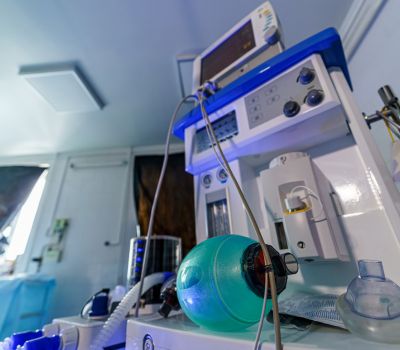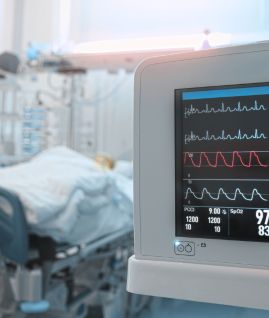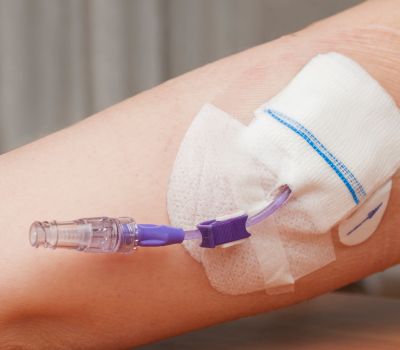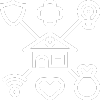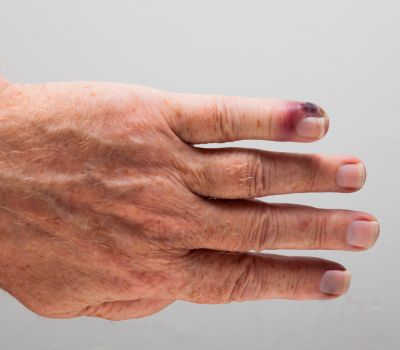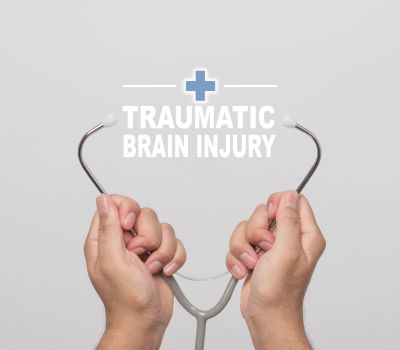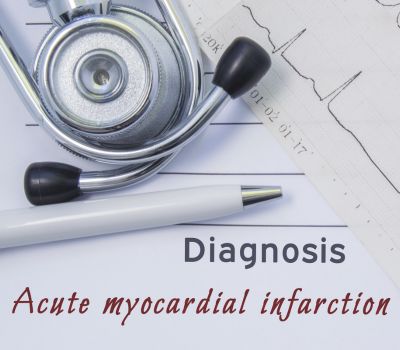Critical care, also known as intensive care, is a specialised area of medicine focused on the management and treatment of patients with life-threatening illnesses or injuries. Critical care units, commonly referred to as intensive care units (ICUs), provide specialised medical treatment, close monitoring, and advanced life support to patients who require intensive medical intervention.
At BR Healthcare, our critical care services are designed to provide advanced and specialised medical care for patients facing life-threatening conditions. With state-of-the-art facilities and a highly skilled multidisciplinary team, including intensivists, critical care nurses, and respiratory therapists, we offer round-the-clock monitoring and treatment in our intensive care units (ICUs). From mechanical ventilation and hemodynamic support to continuous renal replacement therapy and antibiotic management, we deliver comprehensive treatments tailored to each patient's unique needs. With a focus on compassion, expertise, and patient-centred care, BR Healthcare's critical care team is dedicated to saving lives, stabilising patients, and promoting recovery in their most critical moments.
